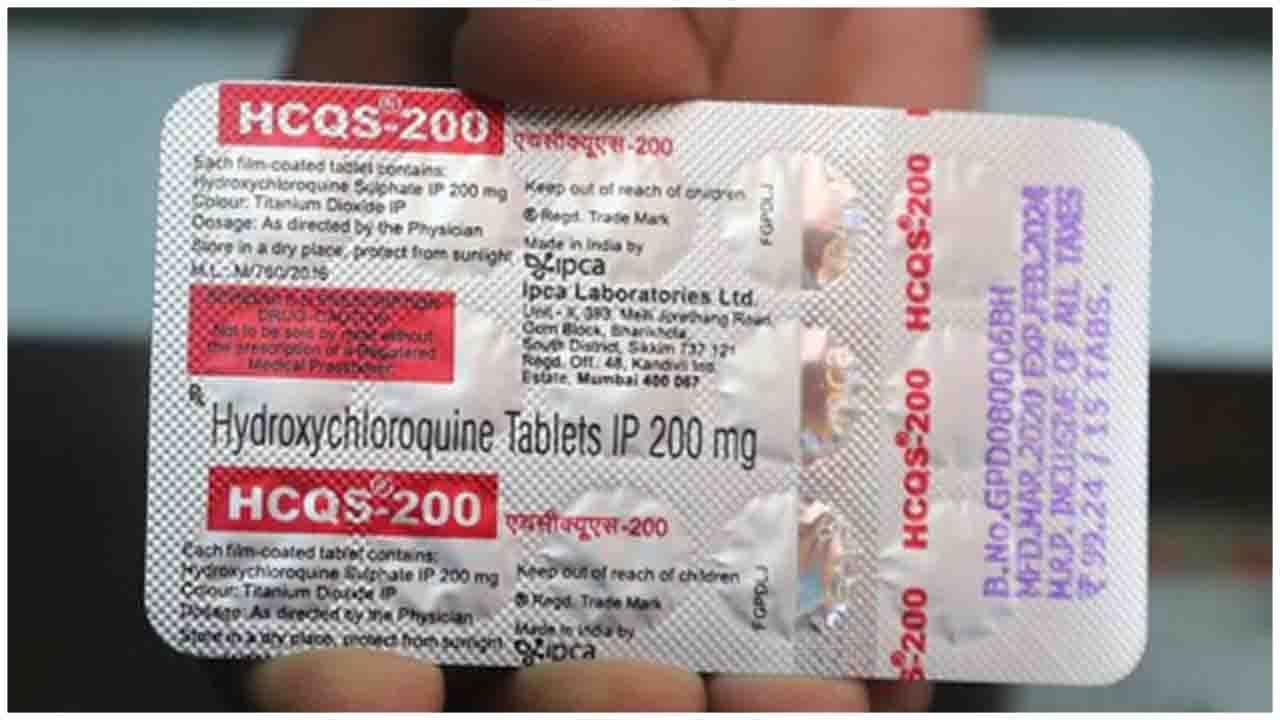The FDA warned yesterday, about possible interactions between the drugs and remdesivir, an antiviral drug that has shown effectiveness against COVID-19. Remdesivir, made by Gilead and delivered intravenously, has received emergency use authorization for the treatment of hospitalized COVID-19 patients with severe disease.
The FDA said that based on a lab study, it is revising its fact sheet for health care providers to say the combination of therapies could reduce remdesivir's antiviral activity.Hydroxychloroquine and chloroquine drugs are still available for alternate uses, so U.S. doctors could prescribe them for COVID-19 – a practice known as off-label prescribing.
Hydroxychloroquine is an arthritis medicine that can be used to prevent or treat malaria, a red blood cell infection transmitted by a mosquito bite, according to the Mayo Clinic. It’s available in the USA by prescription only and can be administered either as a pill or by intravenous drip.
The long list of common side effects of the malaria drug, under the brand name Plaquenil, include nausea, vomiting, stomach pain or cramps, loss of appetite, weight loss, diarrhea, dizziness, spinning sensation, headache, ringing in the ears, nervousness, irritability, skin rash, itching or hair loss.
The drug came to public attention after several small, anecdotal, non-peer-reviewed reports about hydroxychloroquine in China in February. None was up to the scientific gold standard of a double-blind, randomized, placebo-controlled trial that would more definitively show whether the drug worked.
President Trump spoke about hydroxychloroquine given together with the antibiotic azithromycin on March 19. He touted them numerous times in various media and at public events.
Since late April, Trump had toned down his support of the drug, but during a roundtable discussion with restaurant executives at the White House May 18, he said he was taking the drug.
The World Health Organization announced around the same time a "temporary pause" on the drug's inclusion in a global study on potential treatments for the disease in light of a study published in The Lancet that found a lower survival rate among hospitalized COVID-19 patients using the drug. The study was later retracted.
Thursday, a National Institutes of Health expert panel revised its guidelines to specifically recommend against the drug’s use except for informal studies. Meanwhile, the U.S. Food and Drug Administration also revoked its emergency authorization for hydroxychloroquine, a controversial malaria drug promoted by President Donald Trump for treating the coronavirus.
The agency said in a letter the decision is based on new evidence that made it unreasonable to believe hydroxychloroquine and chloroquine "may be effective in diagnosing, treating or preventing" COVID-19, the illness caused by the virus. Citing reports of heart complications, the FDA said the drugs pose a greater risk to patients than any potential benefits.
Shipments of the drugs obtained by the federal government from the National Stockpile will no longer be distributed to state and local health authorities. On April 13, Trump announced his administration deployed roughly 29 million doses of hydroxychloroquine.

 Remdesivir and HCQ is a deadly combination, reports US FDA
Remdesivir and HCQ is a deadly combination, reports US FDA








.jpg)


.jpeg)


.jpg)





.jpeg)



.jpg)






.jpg)


